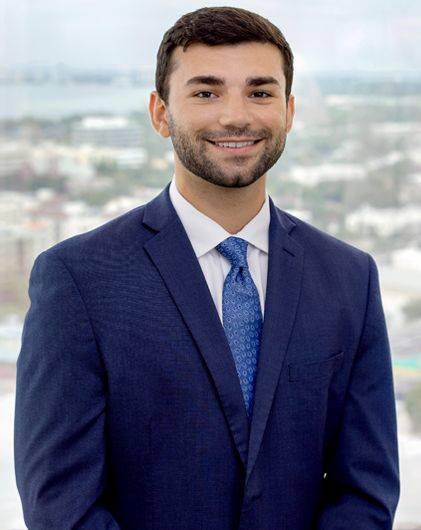FL Governor Vetoes Short-Term Rental Reform Bill Amid Disputes Over Local Laws
Governor DeSantis vetoed a Florida bill that would have made sweeping changes to the state’s short-term rental laws. With multiple lawsuits pending over local ordinances governing short-term rentals, homeowners and rental owners should be aware of how the decision affects state regulations on this industry.
It is no secret that over the past several years, short-term vacation property rentals have become increasingly popular from both an ownership and renter standpoint. As this popularity increased, some municipalities responded to local homeowners comprising their constituents and crafted ordinances to address the impacts of this growing industry. Short-term vacation rental owners challenged these local ordinances in state and federal lawsuits throughout Florida, arguing that municipalities overstepped the lines drawn by the Florida Legislature, most recently in 2016.
In November 2023, SB 280 was introduced by Senator Nick DiCeglie. It sought to revise, clarify and streamline Florida’s short-term vacation rental laws. The bill included changes such as:
- Developing a unified approach for vacation rental owners to apply and register their vacation rental properties.
- Setting up a unified system for local governments to assess fines and suspensions to vacation rental owners for violations of local ordinances.
- Clarifying how a vacation rental owner can advertise their property online and register, collect and remit taxes from certain online platforms.
- Creating a new classification system for a vacation unit’s maximum occupancy based on a number of unique factors related to each unit.
In March 2024, the bill passed both the Florida Senate and House of Representatives by majority vote and was presented to Governor DeSantis for his final vote. On June 27, 2024, Governor DeSantis vetoed the bill, which means that the current statutes will not change.
Important to vacation rental owners, the net effect of this veto means that local municipalities may still pass ordinances to regulate vacation rentals within their jurisdiction. These ordinances, however, must follow current Florida law and not “prohibit vacation rentals or regulate the duration or frequency of the rental of vacation rentals. [this does not apply to any local law, ordinance or regulation adopted on or before June 1, 2011].”
With the number of lawsuits challenging local ordinances, it will be important to stay informed as case law develops. The Phelps team will continue to provide updates on this emerging issue.
Please contact Evan Dahdah, Rhett Parker or any member of the Phelps’ Litigation team if you have questions or would like further guidance.



